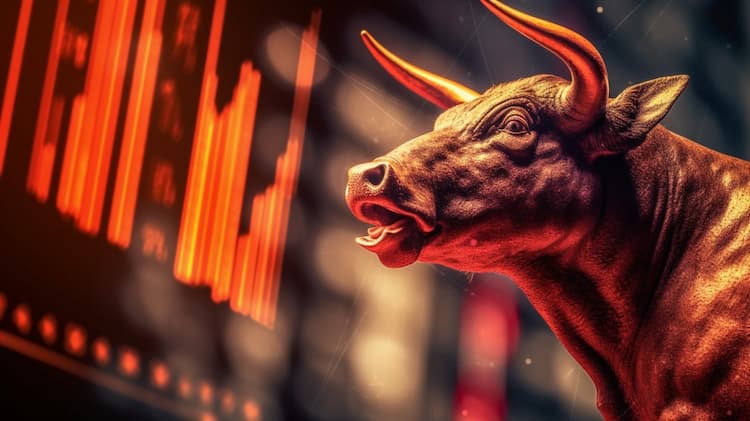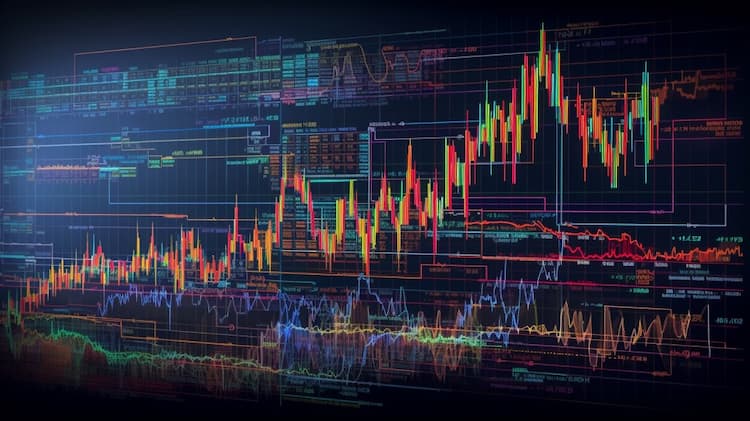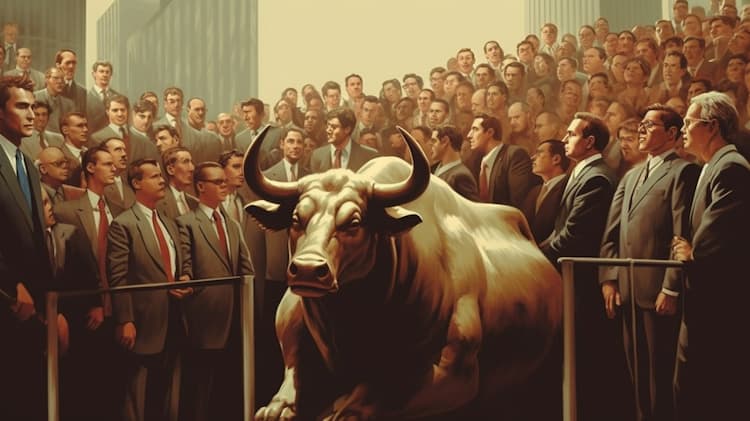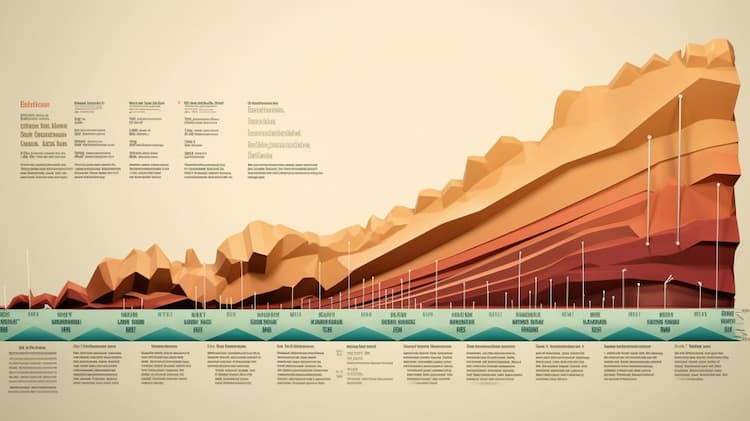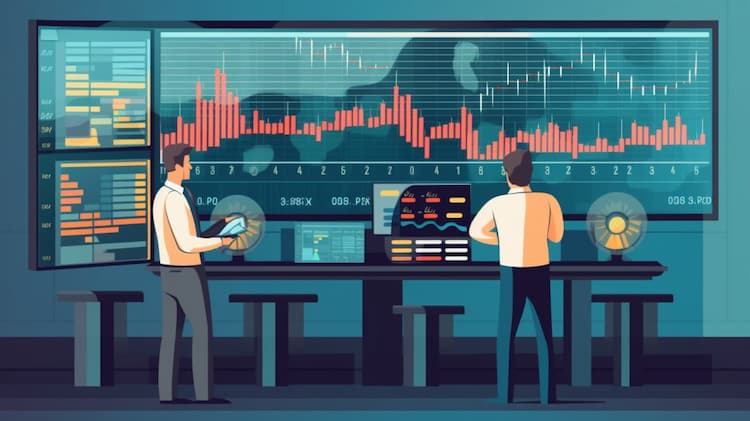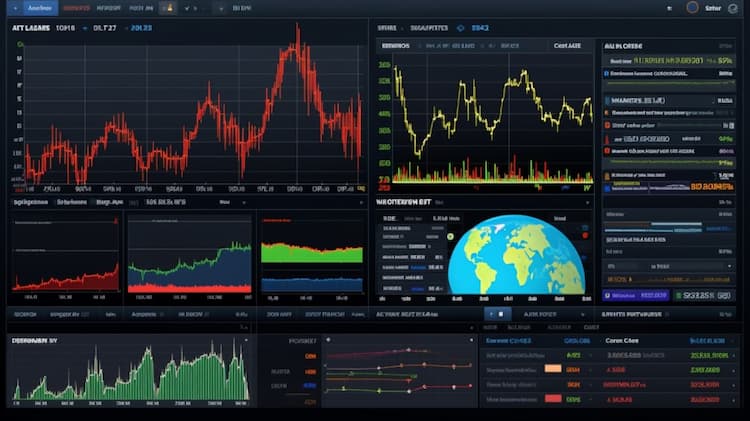
BOTZ VS IHAK : ETF Comparison Tool
Exchange-Traded Funds (ETFs) have transformed the landscape of investing, providing investors with an efficient way to diversify their portfolios across various sectors and asset classes. In this article, we'll undertake a thorough comparison between two prominent ETFs: BOTZ (Global X Robotics & Artificial Intelligence ETF) and IHAK (iShares Cybersecurity & Tech ETF). We'll delve into essential aspects such as ETF tickers, full names, issuers, sectors, top holdings, capitalization, investment strategies, tracking methods, and exposure.
BOTZ Vs IHAK: Overview
BOTZ and IHAK are two distinct ETFs that cater to the evolving technology sector. While BOTZ focuses on robotics and artificial intelligence, IHAK concentrates on cybersecurity and technology companies. These ETFs serve as vehicles for investors seeking exposure to these cutting-edge industries, each with its own set of opportunities and risks.
BOTZ Vs IHAK: Sectors and Top Holdings
BOTZ primarily invests in companies involved in robotics, automation, and artificial intelligence. Its top holdings include giants like Nvidia, Intuitive Surgical, and Teradyne. On the other hand, IHAK centers around cybersecurity and broader tech companies such as Cisco, Palo Alto Networks, and Crowdstrike Holdings. Understanding the sectors and top holdings aids investors in aligning their portfolios with their technology-related investment objectives.
 BOTZ overlap BOTZ VS IHAK
BOTZ overlap BOTZ VS IHAK
BOTZ Vs IHAK: Capitalization and Investment Strategy
BOTZ and IHAK differ in their asset under management (AUM), reflecting their varying degrees of popularity among investors. BOTZ's investment strategy revolves around identifying companies engaged in the automation and AI sector and providing exposure to their growth potential. IHAK's strategy, on the other hand, is geared towards companies operating in the cybersecurity and broader tech space. The differences in capitalization and investment strategy can influence potential returns and risk profiles for investors.
BOTZ Vs IHAK: Tracking Methods and Exposure
BOTZ's objective is to mirror the performance of the Indxx Global Robotics & Artificial Intelligence Thematic Index. This index tracks the global robotics and AI market, offering investors insight into this innovative industry's growth trajectory. In contrast, IHAK seeks to match the performance of the NYSE FactSet Global Cyber Security Index, providing exposure to cybersecurity and tech companies worldwide. Understanding these tracking methods and exposures is crucial for investors seeking to capitalize on specific technological trends.
Conclusion
BOTZ and IHAK represent unique opportunities for investors aiming to tap into the potential of robotics, artificial intelligence, cybersecurity, and broader technology sectors. For those who wish to explore deeper insights, correlations, and overlaps within these ETFs, the ETF Insider emerges as an invaluable tool. With its user-friendly application, ETF Insider offers comprehensive information on a wide array of financial instruments, aiding investors in making informed decisions.
Disclaimer: This article is intended for informational purposes only and does not provide any investment advisory services.
Sources:
https://www.globalxetfs.com/ BOTZ ETF issuer
https://www.globalxetfs.com/funds/botz/ BOTZ ETF official page
FAQ
Why is BOTZ better than IHAK?
BOTZ may be considered better than IHAK for some investors due to its specific focus, offering diversification.
Does IHAK beat BOTZ?
IHAK's performance relative to BOTZ will vary over time, depending on market conditions.
Should I invest in BOTZ or IHAK?
The choice between BOTZ and IHAK should align with your investment goals, risk tolerance, and desired exposure.
Are BOTZ and IHAK good investments?
Both BOTZ and IHAK can be suitable investments depending on individual investment strategies, goals, and risk profiles.
What is the correlation between BOTZ and IHAK?
The correlation between BOTZ and IHAK can vary over time, reflecting differences in performance.

